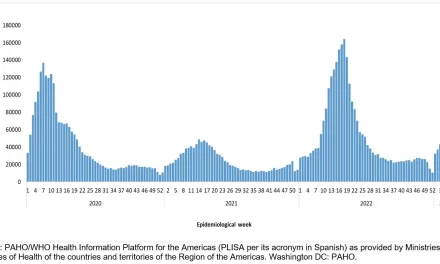NEW YORK – In what doctors are calling a significant milestone for transplant medicine, a U.S. woman successfully lived with a genetically modified pig kidney for 130 days – the longest period recorded to date for such a procedure. Officials at NYU Langone Hospital shared the details on Friday, April 12th.
Towana Looney, an Alabama resident in her fifties, had been reliant on dialysis for eight years following kidney failure. She received the groundbreaking transplant on November 25, 2023. The pig kidney functioned effectively for over four months, offering a potential glimpse into solutions for the critical shortage of human organs for transplant.
However, in early April 2024, doctors detected signs of rejection and subsequently removed the pig kidney. Dr. Robert Montgomery, chair of surgery at NYU Langone, stated that the exact trigger for the rejection is still under investigation. He noted that Ms. Looney’s immune suppression medication had been temporarily reduced to manage an unrelated infection, which might have contributed to the rejection episode.
Despite the eventual outcome, the extended period of successful function is viewed as a major advancement in the field of xenotransplantation – the transplantation of organs between different species. It provides valuable data and raises hopes for addressing the global organ shortage crisis.
Ms. Looney, who had previously demonstrated immense generosity by donating one of her own kidneys to her mother in 1999, expressed gratitude for the opportunity. “Though the result is not what we hoped for, I’m proud of the progress made,” she said. “It gives hope to many others.”
Doctors report that Ms. Looney is recovering well from the removal surgery and remains eligible to receive a human kidney transplant in the future. The case underscores both the potential and the challenges that remain in making animal-to-human organ transplants a viable, long-term solution.
Disclaimer: This news article is based on information reported on April 12, 2024, regarding a specific medical trial. Medical information and patient status can change.












